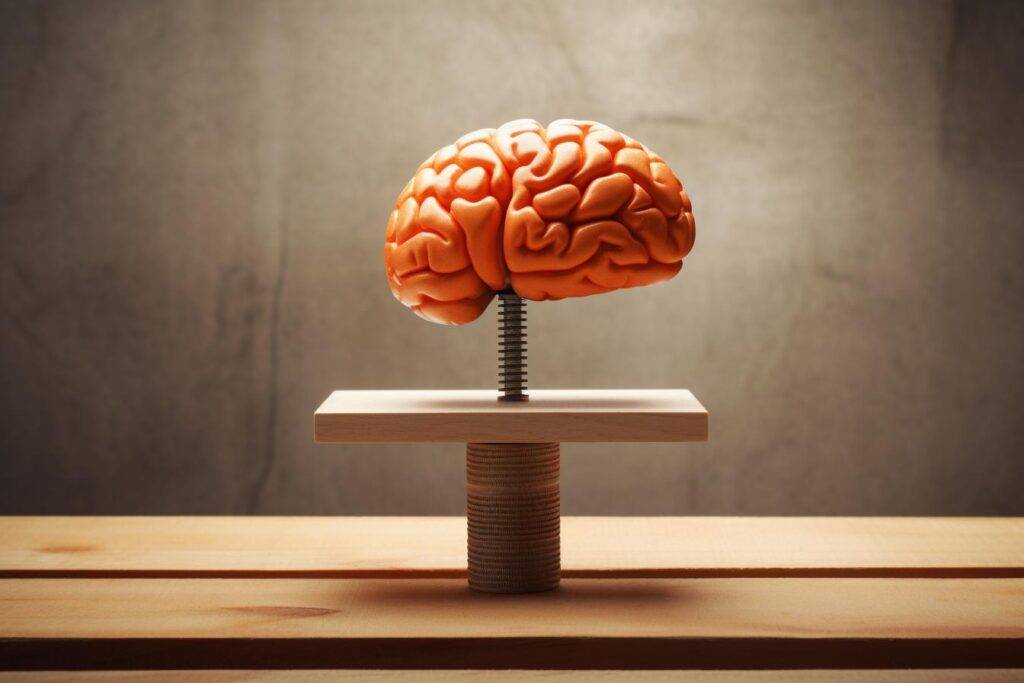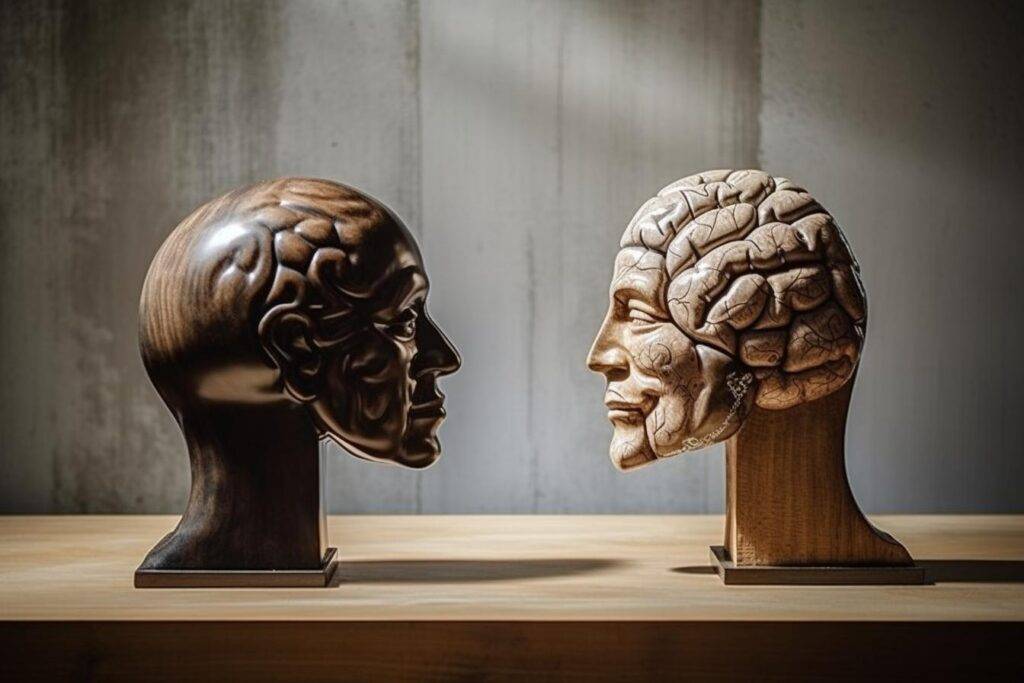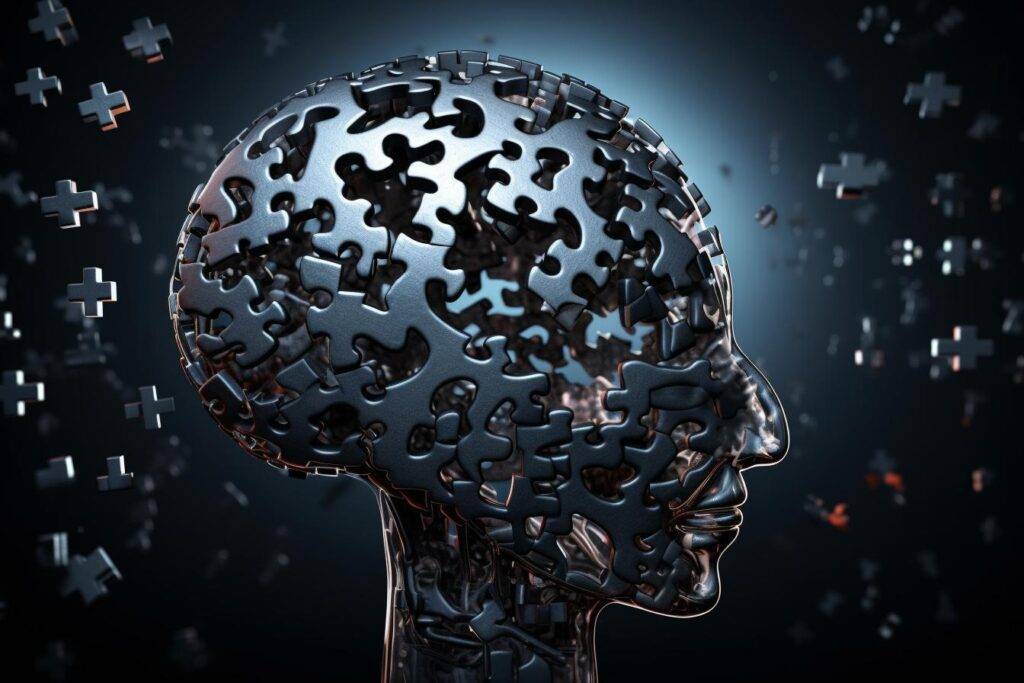I have often heard people say that they think with both their mind and their heart, giving each way of thinking a particular form of thinking. The mind is associated with logical thinking, analysis and rationality, while the heart is often associated with emotions, feelings and intuition. By emphasising the involvement of both the mind and the heart in their thinking processes, people highlight the complexity of decision-making, which is influenced by the above factors.
When people say they think with their mind, they mean that they use their intellect and reason to analyse information, weigh pros and cons and make logical judgements. The mind is responsible for processing information, problem solving and critical thinking. It allows us to objectively assess situations and make decisions based on facts, evidence and rationality.
On the other hand, when people say they think with their heart, they emphasise the role of emotions and intuition in decision-making. Emotions play an important role in our perceptions, values and motivations. The heart is often associated with empathy, compassion and inner feelings that help us make choices that are consistent with our values and emotional well-being.
By combining the concepts of thinking with both the mind and the heart, people recognise the importance of balancing rationality and emotion in their decision-making processes. They recognise that decisions based solely on logic may lack emotional fulfilment, while decisions based solely on emotion may lack critical analysis. This highlights the understanding that optimal decision-making involves considering both cognitive and emotional aspects to arrive at a comprehensive and satisfactory outcome.
This type of thinking is, of course, philosophical, but again, it is based on the complexity of decision-making, and it also allows a better understanding of human motivations and values, because at the end of the day, people want to feel good.








